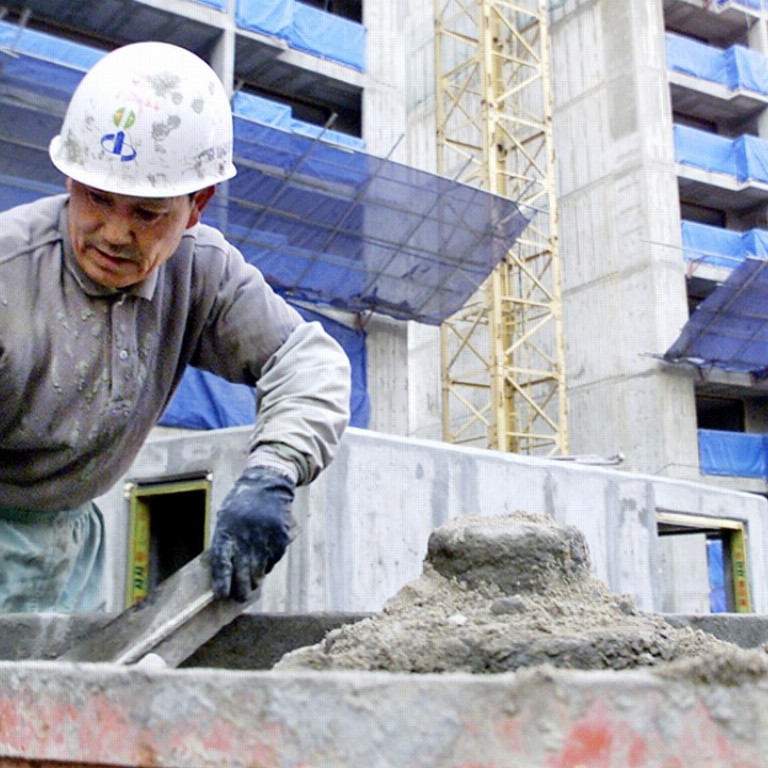
Chinese investors still keen on Korean property despite diplomatic rift, says survey
Chinese investor interest in South Korean properties increased three fold in the first quarter of this year despite political tensions between the two nations, according to a Chinese property website.
Juwai.com, China’s largest international property website, saw a 350 per cent growth in number of Chinese inquiries about properties in South Korea in the first quarter of this year.
The surge marked the third consecutive quarter of increased inquiries. The last two quarters of 2016 saw online inquiries up 90.9 per cent and 93.3 per cent respectively.
Mainland Chinese have emerged as a major force in the global property market, particularly in Hong Kong, Australia, Britain and the United States, but in recent years have been accused of acting as speculators because they drive up prices.
Beijing imposed new rules at the start of the year to limit Chinese citizens from converting yuan into foreign currencies in a bid to control capital outflows, but how effective the measures will be in cooling rising interest in overseas property purchases remains unknown.
Growing interest in the Korean property market as experienced by Juwai.com also appears to be in contrast with anti-South Korean sentiment widely circulated on mainland social media in March this year. That came after Seoul decided to deploy a US anti-missile defence system – the Terminal High-Altitude Area Defence (THAAD) – despite Beijing’s objections. Travel bans were imposed by the Chinese government while Korean consumer products were boycotted on the mainland.
Despite growing interest in Korean properties, a survey conducted in the first week of June by the online portal showed that diplomatic tensions were still the biggest obstacle for buyers when it came to purchasing property in Korea.
“The fact that 44 per cent of buyers say that diplomatic tensions between the two countries could be an obstacle to investing in South Korea shows that political issues can unsettle potential investors. Nonetheless, Chinese investment in Korea has grown significantly over the past year,” Sue Jong, chief of operations for Juwai.com, said.
According to the survey of 54 users of the portal, the main reasons Chinese investors were interested in purchasing South Korean properties were the good returns on investment and capital growth. Other reasons were fewer restrictions and lower taxes on foreign buyers, as well as the country’s close proximity to China.
However, the survey did not reveal how the diplomatic tensions have affected their buying intentions.
Chinese commercial and residential investment in Korean property reached US$2 billion in 2016, Jong said.
“In terms of retail-level property buying, we see the tide of demand shifting from Jeju to Seoul. Chinese demand is concentrated in a few locations in Korea. Chinese buyers hope to benefit from the rapid price appreciation Seoul has seen in recent years,” she added.
Around 41 per cent of buyers surveyed said they were motivated by investment while only 16 per cent of Chinese buyers in Korea are doing so to immigrate there, Jong said.
According to South Korean government immigration statistics for 2016, one in two foreigners residing in Korea is Chinese. The total number of Chinese living in Korea exceed 1 million, but more than half are ethnic Koreans from China.

